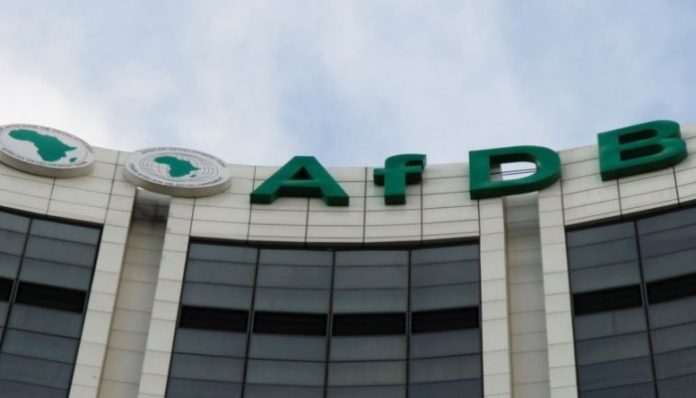Staff Writer
Senior African Development Bank officials recently undertook a three-day business mission to Zimbabwe, where they discussed the development of the private sector and how Zimbabwe could best utilize its renewable energy resources.
The bank’s vice president for power, energy, climate and green growth, Dr Kevin Kariuki, and its vice president for private sector, infrastructure and industrialization, Mr. Solomon Quaynor, both met with senior Zimbabwean government officials and business leaders in Harare last week.
Kariuki and Quaynor met with the Finance and Economic Development Minister Mthuli Ncube, the Energy and Power Development Minister Soda Zhemu. Others were Deputy Governor of the Reserve Bank of Zimbabwe Jesimen Chipika, Deputy Minister of Lands, Agriculture, Fisheries, Water, Climate and Rural Development Vangelis Haritatos, and representatives of Zambezi River Authority and the Southern Africa Power Pool, both transnational entities.
At a Harare press conference following the meetings, Zhemu commended the African Development Bank for its continued investment in Zimbabwe’s power sector.
“The government of Zimbabwe appreciates the African Development Bank’s support and involvement, particularly in the Kariba Dam Rehabilitation project ($32 million), the ZimFund Emergency Power Infrastructure Rehabilitation project ($59.5 million), the Alaska-Karoi Transmission Reinforcement project ($19 million) and the Energy Sector Reform Support project ($3.5 million),” Zhemu said.
Kariuki also stated that the bank is pleased to assist the country in unlocking energy sector reforms in order to create a stable energy sector that ensures economic growth can continue to accelerate without being hampered by power outages.
“We are happy to assist Zimbabwe in implementing key energy reforms to create a vibrant energy sector,” Kariuki said.
He cited the bank’s role in developing the Batoka Gorge Hydro Power project, which is expected to boost the supply of electricity within the wider Southern Africa Development Community region.
Meanwhile, the government is negotiating a framework agreement with Sky-power Global, a major solar company based in the United Arab Emirates, to build a 500 MW solar station.
The framework agreement is required in order for Sky-power Global and ZESA Holding to negotiate a power purchase agreement as well as other power generation-related agreements. Sky-power will build the stations, but only if ZESA agrees to buy the power at the agreed-upon price.
Ncube underscored the Zimbabwe government’s progress in tackling the economy’s structural and fiscal bottlenecks. He also noted the importance of the private sector.
Quaynor also urged the country’s Reserve Bank and the business community to work together to improve the country’s foreign exchange situation. He stated that this would open up more opportunities for private-sector investment.
“The African Development Bank would like to deepen our work in the private sector overall, and specifically with respect to investments in economic corridor transport and logistics infrastructure,” Quaynor said.
He enumerated the potential benefits of improved rail and road infrastructure to Zimbabwe, which serves as an important transit point for goods destined for ports in Mozambique and South Africa.
The African Development Bank’s Country Manager for Zimbabwe, Moono Mupotola, and other bank officials accompanied Kariuki and Quaynor.
In July, African Development Bank President Akinwumi Adesina visited the country for discussions with the government about clearing the country’s arrears.









